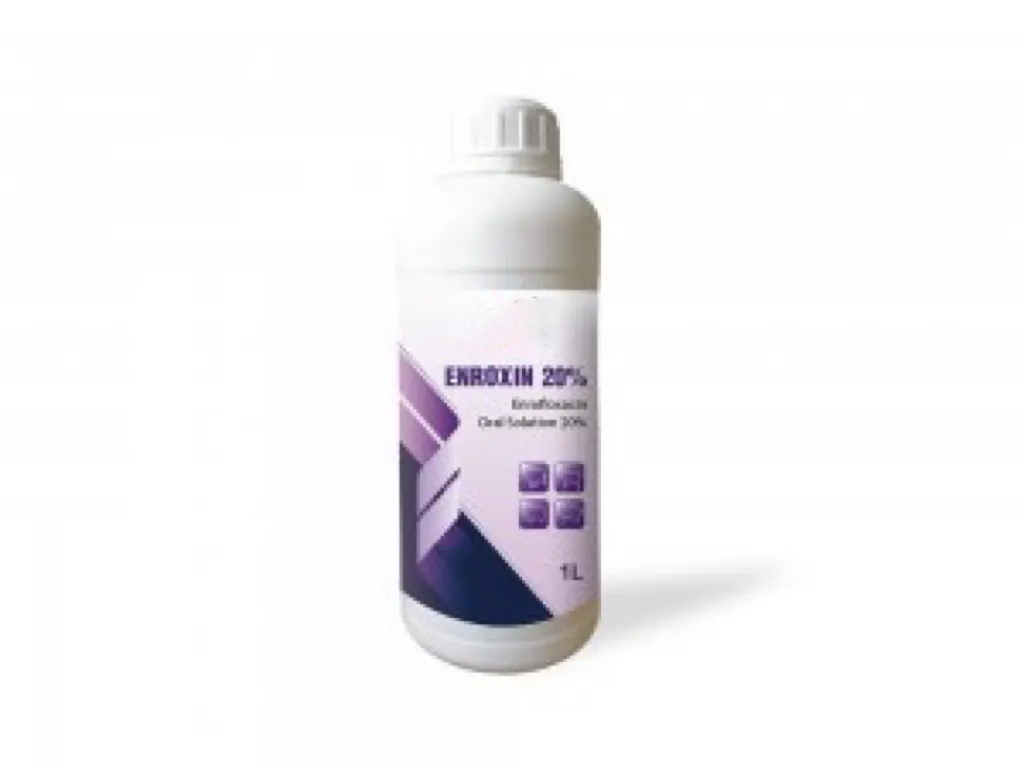- Afrikaans
- Albanian
- Amharic
- Arabic
- Armenian
- Azerbaijani
- Basque
- Belarusian
- Bengali
- Bosnian
- Bulgarian
- Catalan
- Cebuano
- Corsican
- Croatian
- Czech
- Danish
- Dutch
- English
- Esperanto
- Estonian
- Finnish
- French
- Frisian
- Galician
- Georgian
- German
- Greek
- Gujarati
- Haitian Creole
- hausa
- hawaiian
- Hebrew
- Hindi
- Miao
- Hungarian
- Icelandic
- igbo
- Indonesian
- irish
- Italian
- Japanese
- Javanese
- Kannada
- kazakh
- Khmer
- Rwandese
- Korean
- Kurdish
- Kyrgyz
- Lao
- Latin
- Latvian
- Lithuanian
- Luxembourgish
- Macedonian
- Malgashi
- Malay
- Malayalam
- Maltese
- Maori
- Marathi
- Mongolian
- Myanmar
- Nepali
- Norwegian
- Norwegian
- Occitan
- Pashto
- Persian
- Polish
- Portuguese
- Punjabi
- Romanian
- Russian
- Samoan
- Scottish Gaelic
- Serbian
- Sesotho
- Shona
- Sindhi
- Sinhala
- Slovak
- Slovenian
- Somali
- Spanish
- Sundanese
- Swahili
- Swedish
- Tagalog
- Tajik
- Tamil
- Tatar
- Telugu
- Thai
- Turkish
- Turkmen
- Ukrainian
- Urdu
- Uighur
- Uzbek
- Vietnamese
- Welsh
- Bantu
- Yiddish
- Yoruba
- Zulu
dec . 26, 2024 23:00 Back to list
injectable ivermectin for dogs
Injectable Ivermectin for Dogs An Overview
Ivermectin, a widely recognized antiparasitic agent, has been pivotal in veterinary medicine, particularly in the treatment of various parasitic infections in dogs. While its use has been predominantly oral or topical, the injectable form of ivermectin has gained attention for its efficacy and convenience in certain situations. This article explores injectable ivermectin for dogs, its benefits, applications, and precautions associated with its use.
What is Ivermectin?
Ivermectin is a broad-spectrum antiparasitic agent that belongs to the avermectin family. It was first discovered in the 1970s and has since become essential in treating various parasites, including roundworms, hookworms, and external parasites such as mites and lice in animals. The drug works by paralyzing and killing the parasites, making it an effective treatment option for infections that are otherwise challenging to manage.
Injectable Ivermectin A Form of Treatment
While many pet owners are familiar with oral ivermectin, the injectable form offers unique advantages. The injectable variant is typically used when immediate action is required or when a dog cannot take oral medications due to vomiting, difficulty swallowing, or other health concerns. Moreover, it allows for precise dosing administered under veterinary supervision, ensuring that the dog receives the correct amount tailored to its weight and health status.
Benefits of Injectable Ivermectin
1. Rapid Onset of Action Injectable ivermectin can lead to faster results in combating parasitic infections, as it enters the bloodstream directly and begins to work more quickly than oral forms.
2. Controlled Dosing Veterinarians can specify exact dosages based on the dog's weight and clinical condition, minimizing the risks of overdose or underdose.
3. Alternative for Non-compliant Dogs For dogs that are difficult to medicate orally, whether due to behavioral issues or health reasons, the injectable form provides an effective solution.
4. Use in Severe Cases In cases of severe infestations or when a rapid response is necessary, injectable ivermectin can be the most effective choice for treating parasites.
Clinical Applications
injectable ivermectin for dogs

Injectable ivermectin is commonly used in veterinary practice for treating a variety of conditions, including
- Heartworm Disease One of the most critical applications of injectable ivermectin is in the treatment and prevention of heartworm disease, particularly in areas where this parasite is prevalent. A single injection can help in managing and even preventing the disease.
- Mite Infestations Dogs suffering from sarcoptic or demodectic mange may benefit from injectable ivermectin, providing an effective means to eliminate these troublesome skin parasites.
- Internal Parasites Injectable ivermectin can also be used to treat infestations of internal parasites, such as strongyles and certain species of roundworms.
Precautions and Side Effects
Despite its benefits, veterinarians must administer injectable ivermectin with caution. It is essential to recognize that certain dog breeds, especially those with the MDR1 gene mutation (e.g., Collies, Australian Shepherds), may experience severe adverse reactions to ivermectin, leading to neurological symptoms or even death. Therefore, genetic testing is recommended for breeds known to carry this mutation before administering ivermectin.
Potential side effects can include
- Lethargy - Tremors - Vomiting - Diarrhea
It is vital for pet owners to monitor their dog closely after administration and to consult their veterinarian if any concerning symptoms arise.
Conclusion
Injectable ivermectin represents a valuable tool in veterinary medicine for treating and preventing various parasitic infections in dogs. While it offers advantages like rapid action and precise dosing, it must be used judiciously, especially considering the potential for adverse reactions in certain breeds. Ultimately, veterinary guidance is crucial to ensure the safe and effective use of injectable ivermectin, making it a significant option in the fight against parasitic diseases in our canine companions. As always, prioritizing regular veterinary check-ups and preventive care is essential for maintaining the overall health and well-being of dogs.
-
Guide to Oxytetracycline Injection
NewsMar.27,2025
-
Guide to Colistin Sulphate
NewsMar.27,2025
-
Gentamicin Sulfate: Uses, Price, And Key Information
NewsMar.27,2025
-
Enrofloxacin Injection: Uses, Price, And Supplier Information
NewsMar.27,2025
-
Dexamethasone Sodium Phosphate Injection: Uses, Price, And Key Information
NewsMar.27,2025
-
Albendazole Tablet: Uses, Dosage, Cost, And Key Information
NewsMar.27,2025













